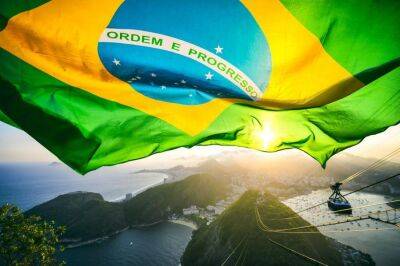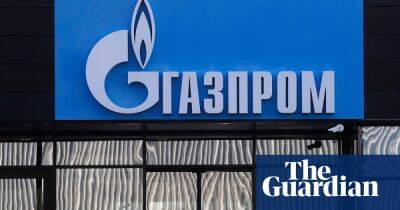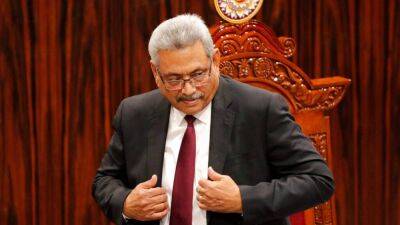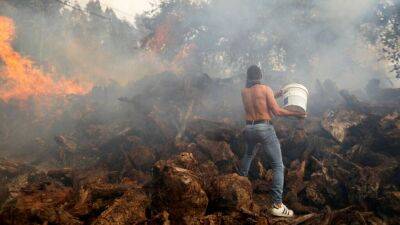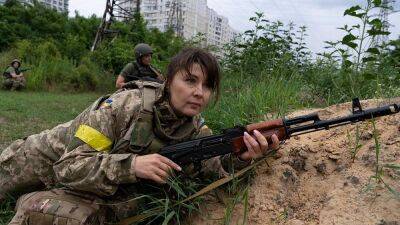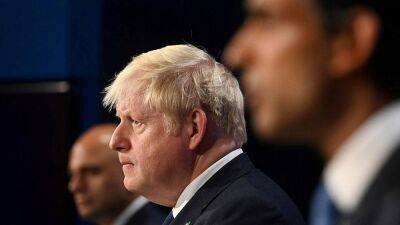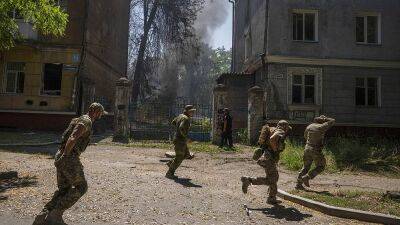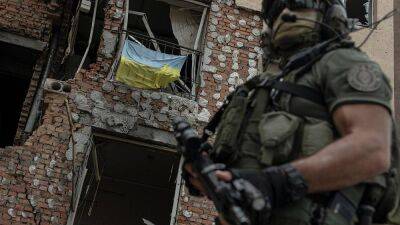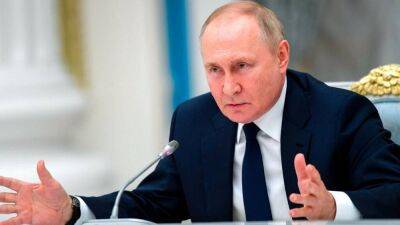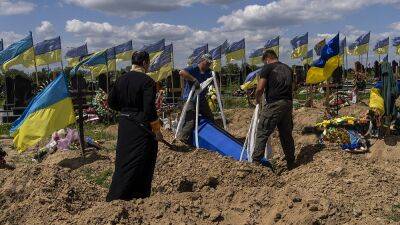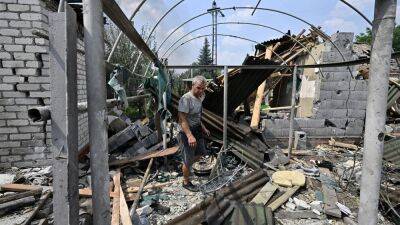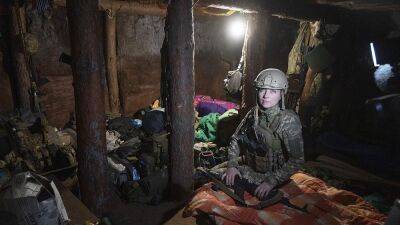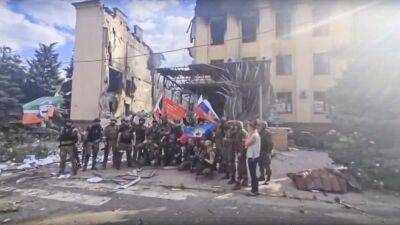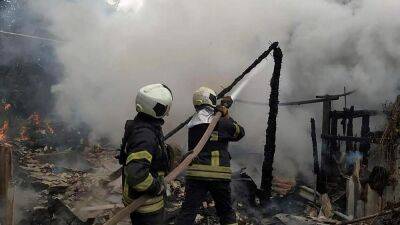Russians defy crackdown to find small ways of protesting Ukraine war
Despite Moscow's attempts to stem any dissent against its invasion of Ukraine, some Russians are continuing to protest -- even if it means facing draconian punishment for the most benign acts of opposition.
Some have paid a heavy price for their acts of protest. In the early days of the war in February, authorities moved quickly to quash demonstrations, arresting people who marched or even held blank signs, balloons in the colours of the Ukrainian flag, or other oblique references to the conflict.
Critical media outlets were shut down as the government sought to control the narrative. Political opponents were singled out by President Vladimir Putin or commentators on state-run TV.
Lawmakers rubber-stamped measures that outlawed the spread of "false information" about what the Kremlin called a "special military operation" and disparaging the military, using them against anyone who spoke out against the attack or talked about the atrocities Russian troops were accused of having committed.
Yet, people persist in their intent to speak out against the war, punishment or not.
Ever since 24 February, Anastasia has started her day by composing an anti-war message and posting it on the wall at the entrance of her apartment block in the industrial city of Perm in the Ural Mountains.
"Do not believe the propaganda you see on the TV, read independent media!" reads one. "Violence and death have been constantly with us for three months now — take care of yourselves" reads another.
The 31-year-old teacher, who asked to be identified only by her first name because she fears for her security, said she wanted "a safe and simple method of getting a message across".
"I couldn't do something huge and public," she told The Associated Press in a
Read more on euronews.com



